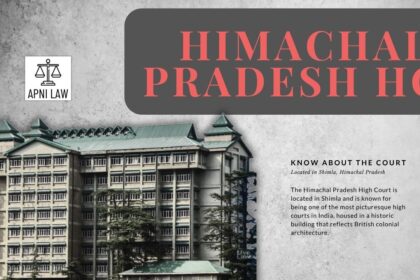On Wednesday, September 4, the Supreme Court reserved its judgement on a crucial legal issue concerning the rights of individuals accused under the Prevention of Money Laundering Act (PMLA). The question at hand is whether such accused individuals are entitled to access documents seized during the investigation that the prosecution does not intend to rely on before the trial starts.
The appeal stems from a Delhi High Court ruling, which held that the prosecution is not required to provide these unrelied-upon documents at the pre-trial stage. The case was heard by a bench comprising Justices Abhay S Oka, Ahsanuddin Amanullah, and AG Masih.
During the proceedings, the bench raised concerns about the potential impact of withholding critical documents on an accused’s rights under Article 21 of the Constitution, which guarantees the right to life and personal liberty. The justices questioned whether it would be just to deny an accused access to potentially exonerating documents due to procedural technicalities.
Justice Oka expressed discomfort with the idea of withholding a “clinching” document that could favour the accused, pointing out that modern interpretations of the Constitution have evolved to prioritize substantive justice. He questioned whether, in today’s legal landscape, it is acceptable to deny access to existing documents based on procedural grounds.
During trial
Senior Advocates R Basant and Gopal Sankaranarayanan represented the appellants. They argued that individuals accused under the PMLA should be allowed to access both relied-upon and unrelied-upon documents. This is before the trial begins. They contended under Sections 207 and 208 of the Criminal Procedure Code (CrPC). Small such documents must be provided to the accused at an early stage.
On the other hand, Additional Solicitor General (ASG) SV Raju, represented the Enforcement Directorate (ED). He argued that the accused are entitled to receive the relied-upon documents. This is after charges are framed and the trial is set to begin. He asserted that providing these documents earlier could hinder ongoing investigations. This is as some documents might still be relevant to cases against other accused individuals.
ASG Raju also argued against allowing a “roving inquiry” into all seized documents, which he claimed could unnecessarily delay trials. He emphasised that while the accused has a right to request specific documents from the court, the decision to provide them should be based on the relevance of the documents to the case.
The bench noted that denying access to these documents could hinder an accused’s ability to apply for bail. It could hinder the ability to present a plausible defence. Thus, highlighting that the court should consider the quality and relevance of the documents when making such decisions.
Conclusion
The appellants relied on precedents such as Manoj Kumar v. State of Madhya Pradesh and Ponnuswamy v. State of Tamil Nadu. This supports the accused’s right to access documents in the possession of the prosecution. This is whether or not they are relied upon.
Justice Oka indicated that the bench is considering whether to establish a new legal standard on this issue. They are also considering to refer it to a larger bench for a more comprehensive review.
Senior Advocate Sankaranarayanan further argued that, particularly in PMLA cases, the burden of proof is on the accused at every stage. This includes during bail proceedings. This makes early access to all relevant documents crucial for the accused’s defence.
The Supreme Court’s decision, once delivered, could have significant implications for the rights of individuals accused under the PMLA. They are particularly in terms of access to evidence and the broader principles of a fair trial.








